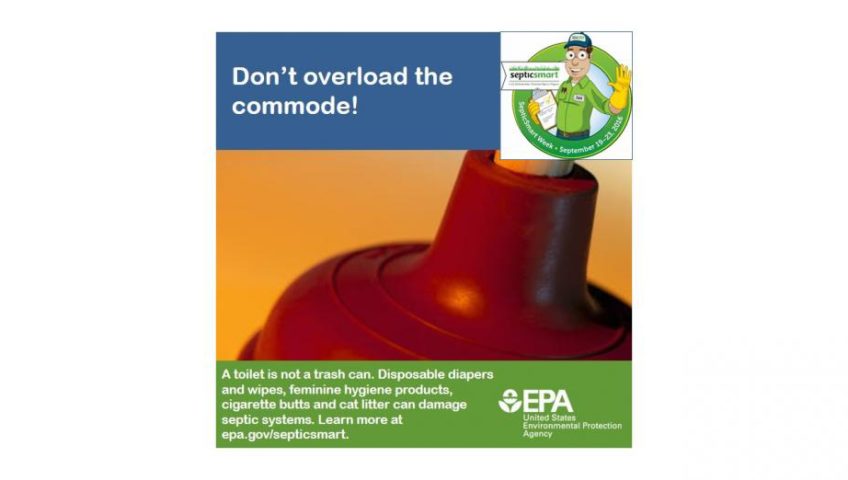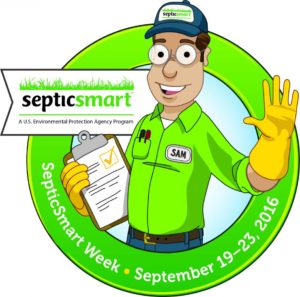The toilet is not a “liquid trash removal service” and it’s important for any household or business with a toilet to think about what they are putting down the drains. Flushing or dumping anything that isn’t human waste or toilet paper down the sewer/septic lines can create costly problems for not just homeowners but for municipalities.
So, what exactly is a “fatberg”? Well, when grease is dumped down the drain and congeals, it clumps together and starts making one solid mass that can create a huge blockage in the sewer line.
To read more about the issues happening in Burlington, VT, check out this article from WCAX: Flushed: The Gross Truth About What’s Lurking in The Sewer



